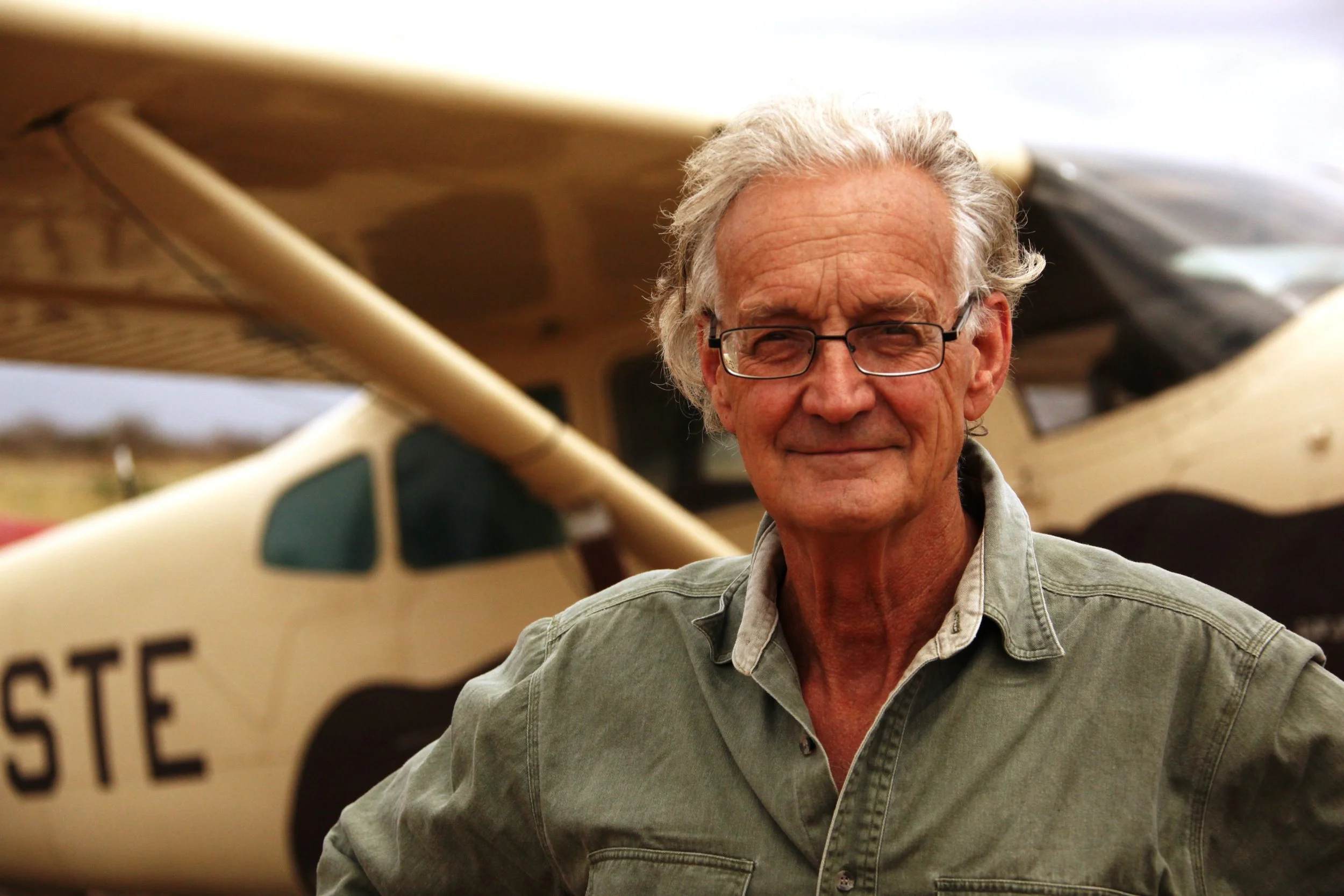This sanctuary is trying to rescue these animals from a ‘hellhole’ zoo - here’s how you can help
An investigation has revealed heartbreaking conditions for animals at a monkey zoo on the popular tourist island of Koh Samui in Thailand.
Photo: Amy Jones/Moving Animals
Wildlife sanctuary, Wildlife Friends Foundation Thailand (WFFT) , has launched an urgent campaign to rescue animals from a zoo after an investigation revealed alarming instances of animal cruelty and serious public health threats.
Moving Animals, a photojournalism and media organization, documented the animal suffering at the Samui Monkey Center, located on the popular tourist island of Koh Samui in Thailand.
The investigation revealed that dozens of monkeys, including infants, were being kept in appalling conditions, confined to tiny, rubbish-filled cages. Some of the primates were even chained by their necks, further restricting their movement.
The animals lacked access to water and observations revealed several monkeys resorting to eating twig branches, indicating severe hunger and inadequate nutrition.
Disturbing footage captured by the group also shows these primates exhibiting signs of extreme psychological distress, known as ‘zoochosis.’ The monkeys were seen frantically pacing back and forth without stopping, a behavior often associated with the mental anguish caused by such inhumane conditions.
Can the animals be rescued?
In response to the alarming findings, WFFT is calling for the immediate closure of the facility and has launched an urgent campaign calling for the zoo to retire all of the animals to a suitable rescue center.
Photo: Amy Jones/Moving Animals
“It was devastating reviewing the investigative footage. The footage of the baby monkey was particularly distressing to witness, knowing that unless action is taken, he will spend the rest of his life in a barren cage, pacing in frantic circles, and as far from nature as you can imagine,” said Edwin Wiek, WFFT founder.
WFFT rescues and rehabilitates captive or injured wild animals, and offers a forever home to those who cannot safely be returned to the wild. The sanctuary is currently home to over 60 species of animals, including elephants, tigers, and over 300 primates.
As one of South East Asia’s largest animal sanctuaries across 90 hectares of forested land and an on-site wildlife hospital, WFFT says they can rescue these animals and provide a home for them at their sanctuary.
“WFFT has received several disturbing reports about the venue, and we are deeply concerned about the horrific animal cruelty documented, as well as the public health risk posed by the health conditions of the animals at the zoo. We stand ready to assist, and make a public offer to help all animals at the zoo needing rescue.”
WFFT is urgently calling on animal advocates to support their mission by signing a letter to Thai authorities. The letter demands the immediate closure of the center and the relocation of the animals to a sanctuary where they can live in a safe and natural environment.
Public health fears
Besides the animal cruelty at the zoo, the investigation uncovered serious public health risks. Many monkeys were seen coughing persistently, possibly indicating infectious diseases like tuberculosis (TB).
Tuberculosis is a contagious bacterial infection that primarily affects the lungs and can be transmitted from animals to humans, a process known as zoonotic transmission.
What’s especially worrying is that visitors are encouraged to interact with the animals, including feeding, touching, and even hugging the coughing monkeys. This direct contact increases the likelihood of disease transmission, as TB and other infections can spread through respiratory droplets or direct contact with contaminated surfaces.
Photo: Amy Jones/Moving Animals
Thailand has one of the highest rates of human TB in the world, and the possibility of disease transmission between humans and macaques is a real concern. With Koh Samui being a major tourist destination, the potential public health risk from this facility is significant.
“Visitors to the zoo, many of whom may not be aware of the associated health risks, could unknowingly contract serious diseases,” said Wiek. “This situation risks a rise in TB cases and other zoonotic infections, which could place additional strain on Thailand’s healthcare system and potentially trigger broader public health concerns.
“In light of these findings, immediate and decisive action is crucial,” he continued. “The call to close the zoo and relocate the animals to a sanctuary is not only an ethical necessity but also a critical measure to address the significant public health risks.”
We Have A Favor To Ask…
Species Unite amplifies well-researched solutions to some of the most abusive animal industries operating today.
At this crucial moment, with worldwide momentum for change building, it’s vital we share these animal-free solutions with the world - and we need your help.
We’re a nonprofit, and so to keep sharing these solutions, we’re relying on you - with your support, we can continue our essential work in growing a powerful community of animal advocates this year.














